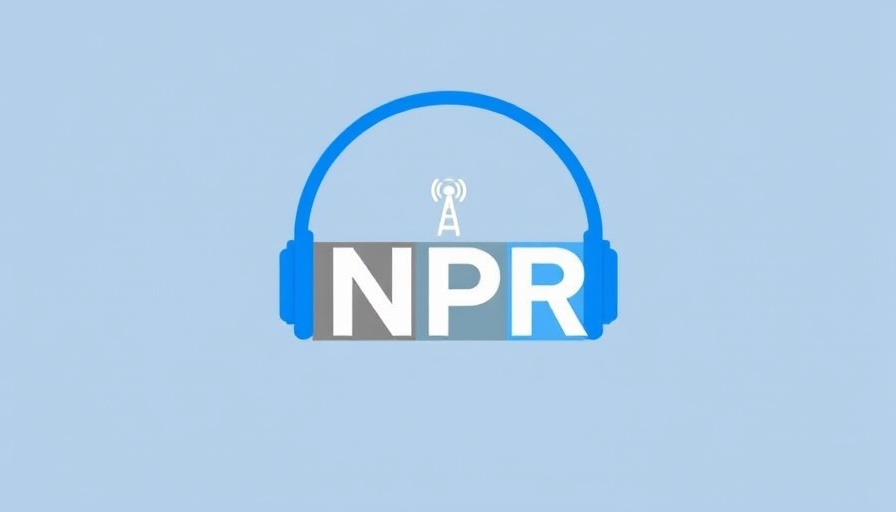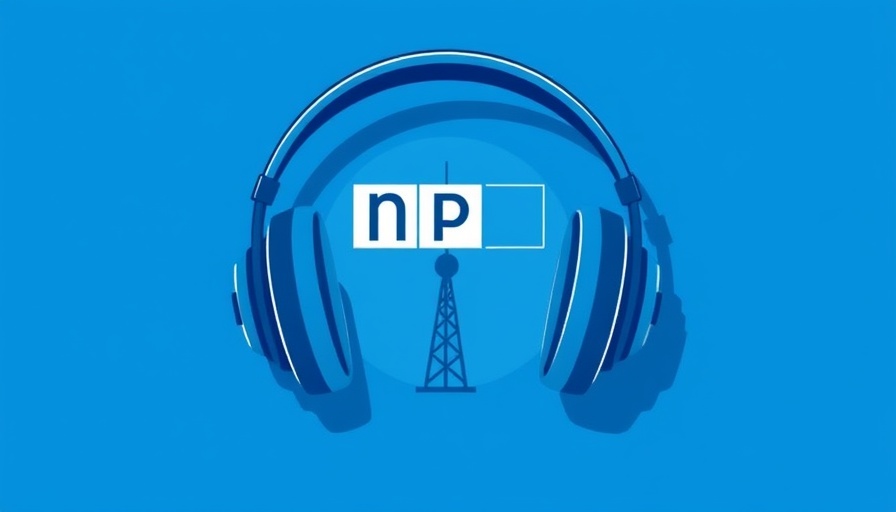
RFK's Vitamin A Recommendation for Measles: An Overlooked Treatment or Dangerous Misstep?
In a rapidly evolving health crisis, the recommendation by Health and Human Services Secretary Robert F. Kennedy Jr. to use vitamin A as a treatment for measles is raising alarms among health professionals. As the CDC has confirmed an uptick in measles cases across nine states, experts are increasingly concerned that the public may misinterpret the benefits of vitamin A while neglecting the essential role of vaccination.
Understanding the Measles Outbreak
The recent outbreak has resulted in at least 164 confirmed cases, with the majority affecting individuals aged 19 and younger. This spike in cases has brought the seriousness of measles to the forefront, especially since many infected individuals are unvaccinated. Data indicates that of the confirmed cases, only about 5% had received vaccinations.
As infections continue to rise, Kennedy’s strategy of highlighting vitamin A as a treatment has become a focal point of discontent among doctors. The CDC stresses the importance of vaccination as the primary means of preventing measles, yet the mention of vitamin A as a therapy complicates the situation, especially for parents who may misinterpret this information.
The Dual Role of Vitamin A
While vitamin A is notably important for maintaining immune function, experts emphasize that it should not be viewed as a standalone treatment for measles. Measles can lead to vitamin A deficiency, particularly in young children; however, supplementation helps only with deficiency management rather than addressing the root cause or treating symptoms. This distinction is crucial, as many parents might consider vitamin A a substitute for vaccination.
William Schaffner, an infectious disease expert at Vanderbilt University, warns that "vitamin A alone cannot prevent measles." This reinforces the sentiment shared by many healthcare providers that vaccination remains the most effective preventive measure.
Actions and Reactions from the Medical Community
Kennedy has urged parents to discuss vaccinations with healthcare professionals but has simultaneously lifted the profile of vitamin A and other supplements like cod liver oil. According to him, there are “good results” from these alternatives, but experts caution that promoting such treatments can mislead parents into believing they can avoid the consequences of measles through nutrition alone.
Public health officials have also expressed concern about “measles parties,” an alarming trend where parents intentionally expose children to the disease, akin to the previously frowned-upon chickenpox parties. The implications of such actions could exacerbate the outbreak and lead to devastating consequences.
The Impact of Miscommunication
The USDA's recommendation regarding vitamin A has contextual merits, especially in regions where malnutrition prevails. However, in developed countries like the U.S., the narrative is different. “Inappropriately relying on vitamin A instead of the vaccine is dangerous and ineffective,” asserts Sue Kressly, president of the American Academy of Pediatrics. This dual message can create a dangerous misconception that vitamin A is an effective alternative to vaccination.
Some experts have drawn parallels between this situation and previous public health crises, such as the COVID-19 pandemic, where misinformation led to adverse health outcomes. The importance of vaccinations cannot be overstated, given the communicability of measles, with up to 90% of unvaccinated individuals contracting the disease upon exposure.
Looking Ahead: Prevention is Key
As health officials scramble to control the outbreak and spread awareness about the critical nature of vaccination, Kennedy’s emphasis on vitamin A poses both challenges and educational opportunities. It's essential for health professionals to counter misleading narratives by ensuring parents are informed about the real efficacy of vaccines over supplementation.
Education surrounding the prevention of measles through vaccination must be emphasized more robustly in public health campaigns, particularly as misinformation circulates rapidly through social media channels. The CDC's recent advisories could unintentionally lead to complacency among unvaccinated communities, which could further fuel outbreaks.
Call to Action: Prioritize Vaccination
In light of this situation, parents and guardians are urged to prioritize vaccinating their children against measles. Consultations with healthcare providers can help illuminate the crucial differences between preventive practices and post-infection treatments, thereby ensuring the well-being of children and communities.
 Add Row
Add Row  Add
Add 




Write A Comment